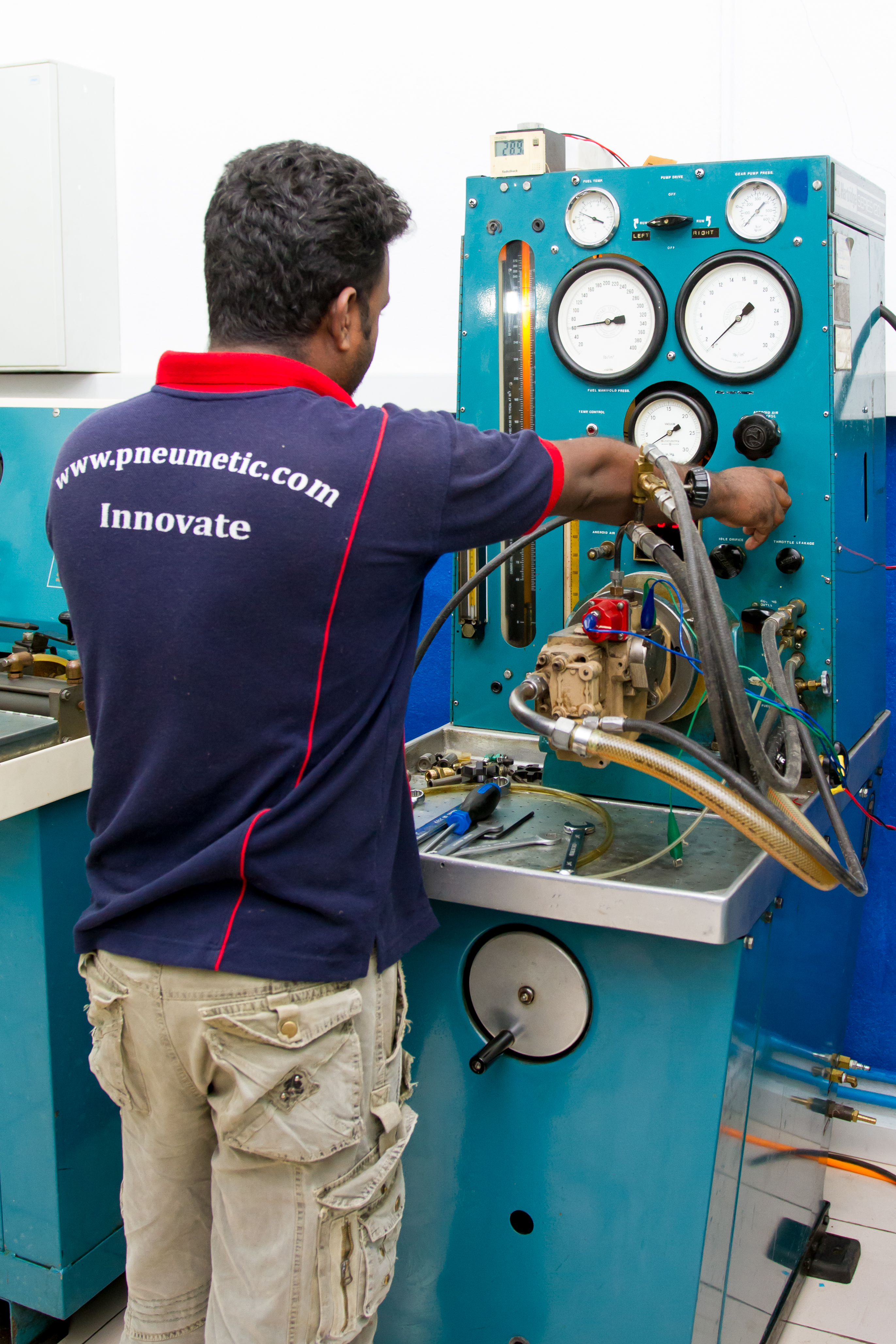Fuel Calibration
Fuel Calibration is the process of accurately measuring and adjusting fuel storage and dispensing systems to ensure that the quantity of fuel delivered matches the actual volume recorded. It involves verifying the accuracy of fuel tanks, pumps, flow meters, and gauges, and recalibrating them according to industry standards.

Service Overview
Fuel Calibration is the process of accurately measuring and adjusting fuel storage and dispensing systems to ensure that the quantity of fuel delivered matches the actual volume recorded. It involves verifying the accuracy of fuel tanks, pumps, flow meters, and gauges, and recalibrating them according to industry standards. This process is crucial for maintaining measurement precision, operational efficiency, and compliance with government or safety regulations, especially in industries that depend on accurate fuel management such as transport, logistics, energy, and marine sectors.
Key Features
Applications
Our Process
Site Inspection & Preparation
Assess the condition and layout of the fuel system.
Measurement & Testing
Use calibrated dipsticks, flow meters, or tank calibration charts.
Calibration of Flow Meters & Pumps
Compare dispensed volume with actual measured quantity.
Verification & Documentation
Perform repeated tests to confirm consistency.
Final Validation
Cross-check calibration against industry and legal standards.
